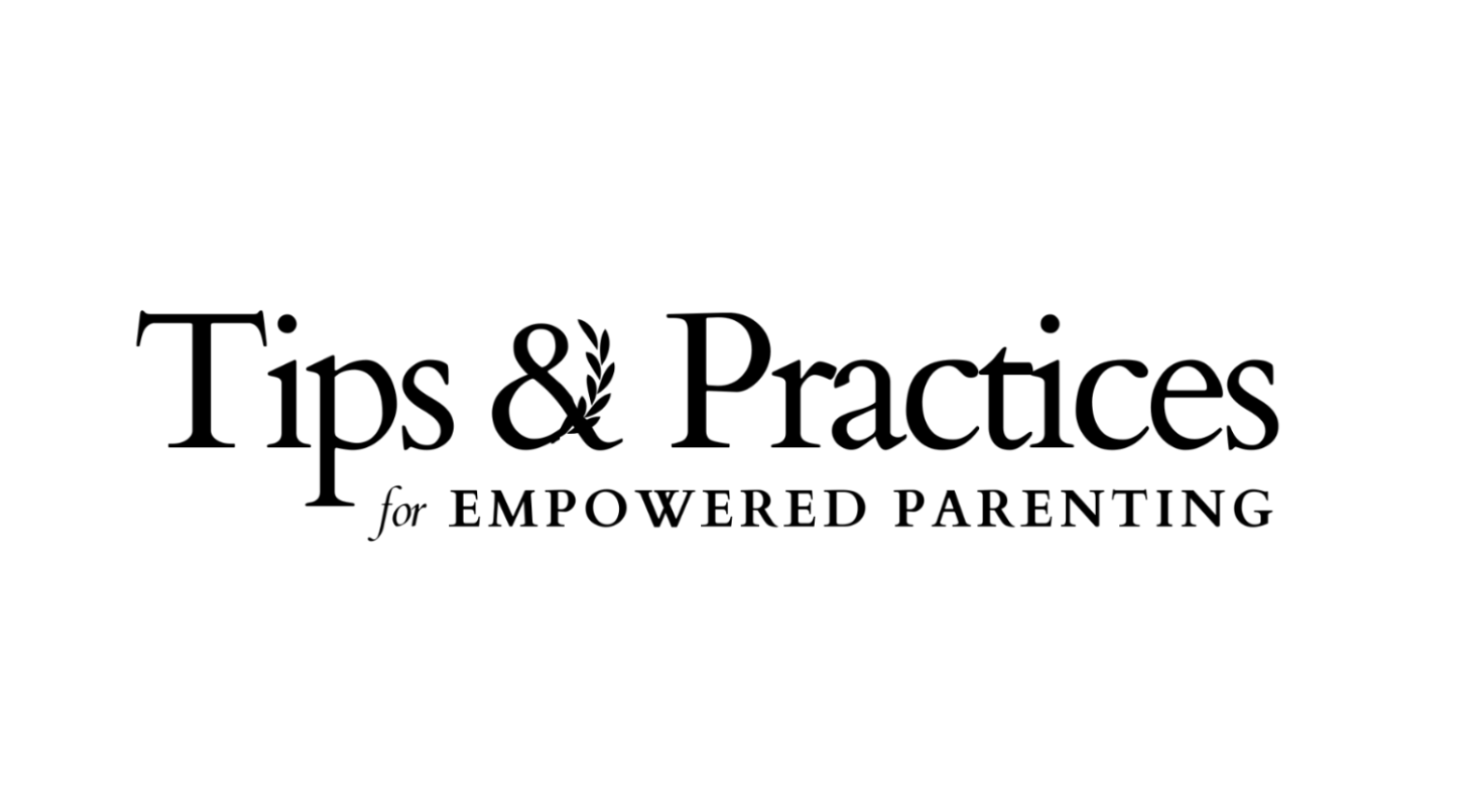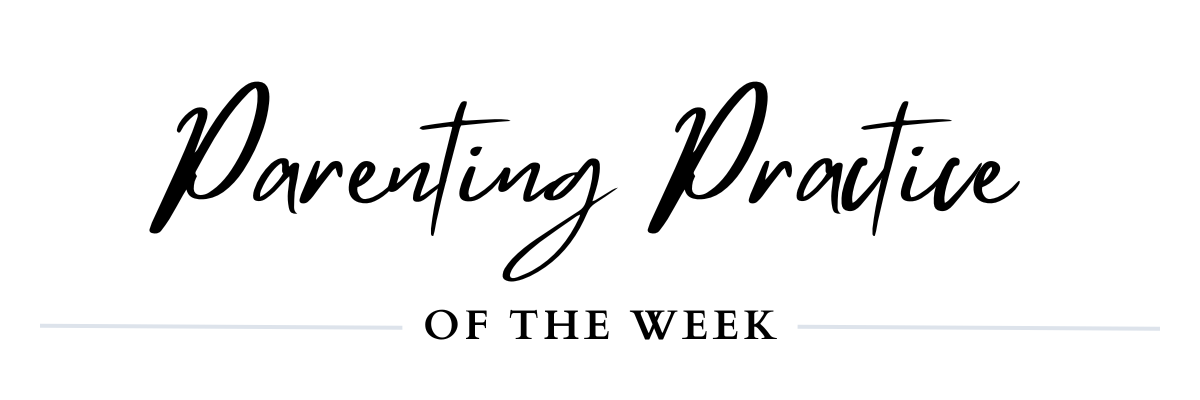When words don’t work, try this instead

What if we didn’t need the perfect solution in a hard parenting moment…
and instead offered our eyes?
When our kids are having a hard time, it’s natural to want to jump in and fix, correct, or teach.
We reach for tools. We reach for words. We try to make it better.
But in their most dysregulated moments, our kids may not be able to hear our words at all.
What they need most is our presence. Our calm.
Our eyes...
A warm, soft, loving gaze can say:
“You’re safe.”
“I still see the good in you.”
“We’ll get through this together.”
Sometimes, our eyes speak more clearly than our words ever could.

The Sparkly Eyes Practice
In a moment of tension, instead of rushing into action, try this:
1. Pause.
Soften your body. Take one slow breath. Let your shoulders drop.
2. Find your eyes.
Gently look at your child. Let your gaze say, “You’re safe with me.”
Not a stare. Not a performance. Just presence. Just love.
3. If it feels right, speak with your eyes.
You can add a soft phrase like:
“I see you.”
“You’re having a hard time.”
“I’m here.”
Or… say nothing at all.
The Sparkly Eyes Practice is not about pretending everything is okay. It’s about offering your presence as a bridge back to connection.
When we offer our calm, attuned gaze, we regulate the moment, without overpowering it. We send the message that love is still here, even when things are hard.
Why It Works:
Eye contact is one of the earliest ways we bond with our children. From birth, babies look to their caregivers’ eyes to find safety, connection, and attunement.
And that never really stops.
Even as our children grow, our eyes remain a powerful anchor. A calm, compassionate gaze activates the social engagement system (the part of the nervous system that helps kids feel safe, seen, and soothed). It communicates “You’re not alone,” “I’m with you,” and “You’re okay.”
In stressful moments, kids don’t need us to say the perfect thing.
They need to feel our presence.
They need to know they matter, even when things are messy.
And sometimes, they just need our eyes to show them the way back.
Through the Coach Lens:
As coaches, we often witness how quickly parents reach for solutions when their child is struggling. It’s a beautiful impulse. To help, to teach, to fix. But sometimes, the greatest support we can offer a client is to help them slow down and connect first.
You might explore:
- What does it feel like to offer your eyes before your words?
- What blocks you from softening your gaze in hard moments?
- What kind of look did you long for as a child?
Helping parents access the wisdom of their body language can be just as powerful as any tool or script. When a parent learns to offer presence instead of pressure, their whole relationship can shift.
Parenting is full of moments when we don’t know what to say or do.
And in those moments, we don’t need to be perfect.
We just need to be present.
When we meet our child’s struggle with calm, sparkly eyes, we remind them:
You are loved here.
Even now. Especially now.
Your eyes might just be the most powerful parenting tool you have.
Share This Article:
Curious for more?














